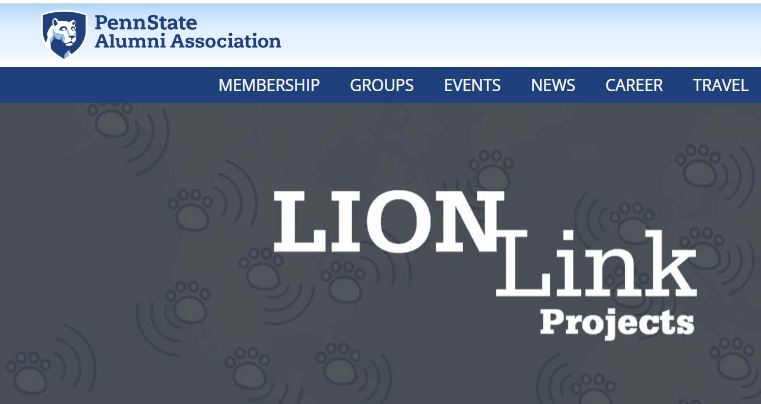
Networking. It’s a term you have likely heard many times throughout your educational and professional journey. If you’re like many people, you may automatically cringe when you hear that word, especially if you envision business get-togethers where everyone competes to see who can hand out the most business cards in record-breaking time.
The good news is, networking is probably nothing like what you may fear. When done correctly, it can actually be rewarding and fun. The key is to avoid many of the common “networking newbie” missteps.
What exactly is networking?
Networking can take a variety of forms, and often means different things to different people. At its core, networking is the process of making professional connections. But it isn’t about just adding names to your contact lists. To truly succeed at networking the right way, you must focus on creating and nurturing relationships — ideally, two-way relationships in which you both help and support each other. In other words, don’t just focus on what the other person can do for you.
While networking events can be a valuable tool to help you accomplish this goal, this isn’t about a one-time interaction. The goal is to establish connections that you can sustain, which can serve as an ongoing support system throughout your career. So when you meet someone at a business event, make an effort to continue connecting with that person when the opportunity arises in the future. There are a number of ways you can stay in touch in a friendly, unobtrusive way, such as a brief, personalized email or LinkedIn message, meeting for coffee or a quick catch-up phone call, or possibly referencing something meaningful they have said that made a strong impression on you.
Benefits of networking
Networking can pay off professionally in a variety of ways. Having access to others in your industry can provide you with a valuable resource you can tap into when you need advice, updates, or insider information. Your network can also share leads about job openings or professional opportunities. (A word of warning: while your network can be very helpful in a job search, don’t make the mistake of only reaching out to your contacts when you’re looking for a job. It’s important to maintain these relationships on a consistent basis — or else your contacts may start to feel like you are using them only when you want something.)
Don’t just limit your connections to people in your own specific industry. Having a diverse range of contacts helps you stay informed about things that are happening in other fields, and may even inspire you to consider a shift in your career path.
How to build a network
Many people are intimidated at the idea of trying to make contacts and build a network. So networking events hosted by your school, industry association, or local business group can be a great opportunity to make a number of connections in a short period of time. These events also eliminate the cold-calling aspect of reaching out to someone out of the blue.
There are also other effective tactics for building your network. Alumni associations can be a great resource. For Penn State graduates, the Penn State Alumni Association is a valuable resource, serving as a great way to connect with other Penn Staters all over the world.
When reaching out to someone who doesn’t know you, it’s important to establish a connection right away. This may be anything you have in common. If you have a mutual friend, mention that person during your initial introduction. Did you attend the same professional event? Talk about the part you enjoyed most.
Be sure to mention anything that you might be able to bring to the table in this relationship. For example, if you belong to a well-known professional organization, or regularly research industry publications, you might offer to exchange useful news or insights, or perhaps you can share insights from a local group of professionals who have innovative or creative ideas.
Obviously, if you are just starting out, it may be challenging to think of anything you can offer as a networking contact at this point, but look for common areas of interest that you can use as a conversation starter to form an initial connection. Those new to an industry can talk about their interest in that field. It’s a great idea to talk about the current trends in the industry — say, research just done in the field or something new that you just learned about. This shows you are interested and motivated to stay informed about the industry.
Networking resources
Want to brush up on your networking skills or learn more about the best networking techniques? Here are a few tools and resources that might help:
Networking your way through college and beyond – tip sheet from Penn State Student Affairs
LinkedIn – social media platform with a focus on business networking and job searches
Penn State Career Services – variety of tools and resources for those seeking to start or advance their career
Image credit: Andrew Neel



